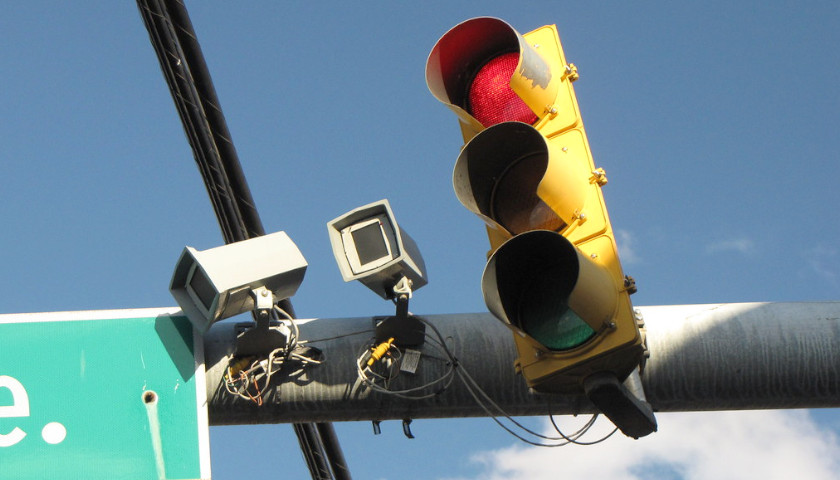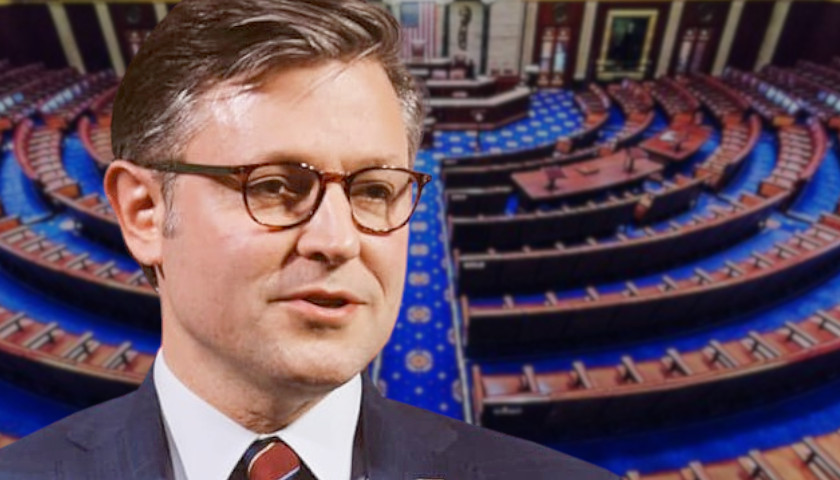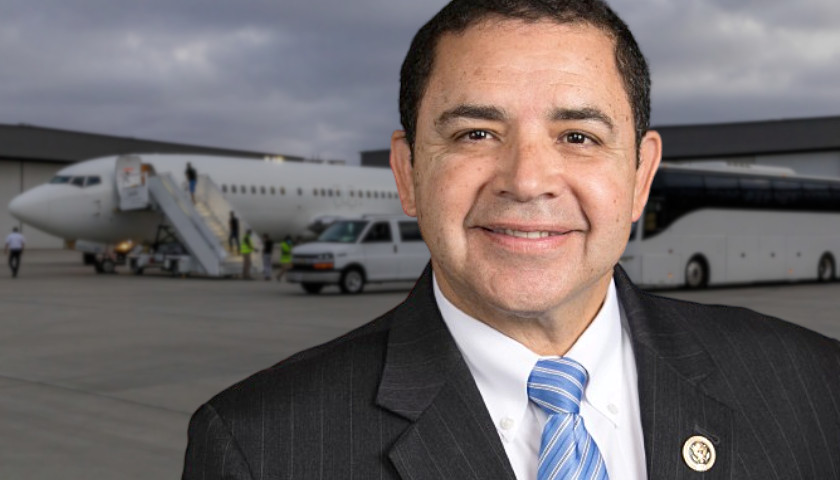The Ohio Supreme Court ruled Thursday that the city of Cleveland is not required to repay $4.1 million to drivers who improperly paid traffic-camera tickets between 2005 and 2009 due to the motorists paying the fines without contesting them.
A number of drivers who got traffic-camera tickets but did not own the cars they were driving filed a class-action suit in 2009, alleging that the city of Cleveland had unfairly retained the fine money from persons who drove leased, rented, or utilized a vehicle that belonged to their employers. The claimants requested refunds of $4,121,185.89 and an additional $1,842,563.51 in interest.
The plaintiff’s filed the lawsuit prior to 2014 when the city of Cleveland shut down the city’s traffic-camera program entirely.
In accordance with that policy, tickets for running red lights or speeding that the cameras placed at busy intersections throughout the city recorded were solely payable by the owners of the offending vehicles.
In the state Supreme Court’s lead opinion, Chief Justice-elect Sharon Kennedy held that the plaintiffs could not bring a future case to challenge their tickets since they paid the fines without opposing them in court or through an administrative appeals process.
“They chose an available route: to not dispute their tickets and pay their fines and in doing so, they ended the case between themselves and the city,” Kennedy wrote.
The decision reverses two lower court rulings in favor of the plaintiffs.
Republican Justices Pat Fischer and Pat DeWine upheld Kennedy’s decision, while Democratic Justice Melody Stewart agreed with the ruling.
Departing Republican Chief Justice Maureen O’Connor dissented in an opinion in concurrence with Democratic Justices Michael Donnelly and Jennifer Brunner.
As Kennedy said the plaintiffs, in this case, should have done, O’Connor observed in her dissent that a now-defunct legal firm received warnings that failing to pay the ticket right away would result in an extra fine and have the “delinquent” ticket submitted to a national credit bureau.
“Thus, according to the lead opinion, the only path available to appellees … was for appellees to subject themselves to an expensive and lengthy legal process while receiving threats about the validity of their legal actions, threats of increased penalties, and negative hits to their credit scores. This is hardly an example of a ‘fair adversary proceeding,” O’Connor wrote.
O’Connor added that until 2009, when a decision in another case involving the Cleveland law firm determined that practice to be illegal, Cleveland had defended its ability to issue tickets to car lessees. She pointed out that at that point, it was far past the plaintiffs’ time to decide whether to contest their traffic-camera tickets.
Over the years, the Ohio Supreme Court has heard appeals about various aspects of this case, known as Lycan v. Cleveland, after one of the plaintiffs, motorist Janine Lycan.
Sometimes the court has consented to offer an opinion on the legal issues raised in the case, but other times justices have declined to do so.
With Cleveland’s ban on automated photo enforcement of red-light and speeding laws in 2014, in Thursday’s decision, the court remarked that in 2019, state legislators abolished cities’ authority to hold administrative hearings for non-criminal traffic offenses. In places where such programs are in place, red-light and speeding infractions enforced with cameras are now exclusively the responsibility of municipal courts.
– – –
Hannah Poling is a lead reporter at The Ohio Star and The Star News Network. Follow Hannah on Twitter @HannahPoling1. Email tips to [email protected].
Photo “Traffic Cameras” by Ben Schumin. CC BY-SA 3.0.





